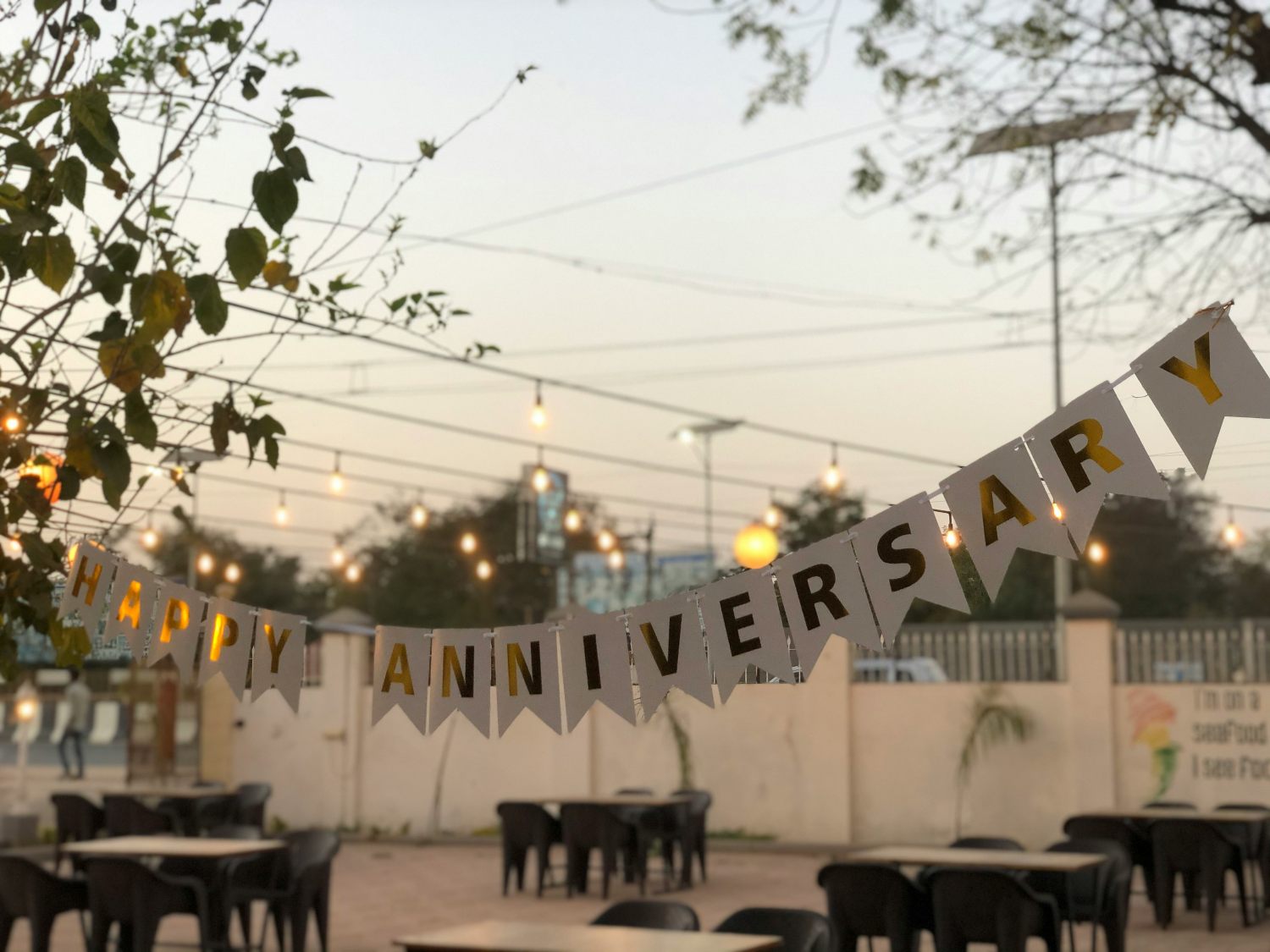22% of the UK population have a disability. That means events that don’t cater for additional needs face excluding over one in five people. It’s important to always consider how to make your event more inclusive in the planning stages. Once your event is up and running, it’s often a little too late to make significant changes to help your attendees. Plan ahead to ensure your event is accessible for all.
Communicate your access information
Produce an access guide and let people know what to expect from your event. Share any additional access information, such as how wheelchair-friendly the event venue is, what accessible parking is available and what types of seating will be at your event. Go the extra mile and include information about the best way to travel to the site. It’s also important to disclose any information that could impact your guests, such as strobe lighting, particularly loud music, or any events or activities that may not be fully accessible.
Being honest and transparent will help people find the information they need. Share information on your website and all promotional material about facilities, access and how to get to and from your event. You should also encourage your event venue to add a listing to Euan’s Guide to showcase accessible features.
Make sure your accessible features are signposted effectively during your event, too. Signs should have text directions, be placed at eye level or within reach and have bright colour contrasts with large, easy-to-read lettering.
Train your team
So you’ve planned a range of accessible and inclusive features, and you’ve let your guests know all about it. Now it’s time to make sure your guest’s experience is a fantastic one. Your staff should be trained in working with a variety of event attendees with individual needs. They should always be helpful and friendly, and confident enough to use their initiative to solve issues that come up. Even small gestures such as carrying food or drinks for a guest can make a big difference.
Train your staff in advance by role playing or workshopping scenarios. This will help to build your team’s confidence and empower them to deal with any challenges that come up. Teams should be respectful and take individual preferences into account. For example, people are likely not to want to be touched and there is a fine line between being helpful and being intrusive or patronising. Advise your team to call people by their names if asked, address customers directly, feel confident asking questions to clarify a request, and always ask for permission before giving treats to or petting service animals. It goes without saying that your team should always be polite, patient and friendly.
It’s also important to train your speakers / musicians / other entertainers or suppliers. They should know your accessibility policy and comply with it, such as speaking clearly and always addressing the guest attendee rather than their interpreter or carer.
Plan ahead
Don’t leave it until the last minute to find out your aisles aren’t wide enough, or your seating plan doesn’t accommodate leg room for those in wheelchairs. Consider asking people with varying disabilities to give you feedback about your accessibility pre-event, to ensure you have time to make changes and improve.
This will also give you chance to make sure your event venue is safe. Is there enough lighting, or any trip or slip hazards? It’s far better to assess and manage the risk in advance.
You can also plan in advance during the registration stage of your event, by asking people what preferences, sensitivities or needs they have. This will help you to clarify who is coming to your event and how you can accommodate their needs. Don’t be afraid to ask your guest questions. If you receive a request and you’re not sure the best way to help or approach a situation, get in touch with the guest and ask how you can help make their experience great. This will show you’re committed to getting accessibility right.
Make sure your event and layout is accessible
Think about registration counters, exhibitions, stalls or food stands. Can anyone access them? Make sure all routes and pathways are wide enough to facilitate a wheelchair. It’s also a good idea to have trained staff members on hand to help assist guests, for example, bringing food or drink directly to their table or helping them navigate the event site.
If your event is general admission, with unreserved seating, it’s a good idea to reserve a selection of seats for people who need them. If you have collected relevant details from your guests at the point of registration, you should have a rough idea of how many seats you will need to reserve.
Toilet facilities, particularly temporary ones used for some events, must have accessible features. Make sure there is plenty of physical space in the toilet, with fixed handrails and a grabrail. Items such as the sink, paper towels and the flush should be within easy reach. If possible, you should also have an emergency alarm cord.
Put inclusivity at the top of your priority list
Induction loop facilities, audio-description and real-time captioning should be available at your event. If you have interpreters, make sure they’re clearly visible. Try to keep ambient noise down if possible, particularly if you are organising a conference and people need to hear the keynote speaker.
Try to leave a break of around 30 minutes between main events, whether that be between two music sets, a panel discussion or even between registration and your event beginning. Everyone benefits from a little bit of breathing space and the extra time will allow people with disabilities to prepare their route within the venue or event space.
These things may seem like common sense but, in the hubbub of organising several things at once it’s important to keep focussing on how elements of your events are accessed by someone with additional needs.
Separate areas
Are there quiet rooms or break out areas within your event venue? Separating areas in this way gives attendees the option to step out of a busy environment, relax and refresh. This inspires a culture of inclusivity and acceptance which in itself can be invaluable.
Make sure you have trained and qualified members of staff and volunteers onsite to help assist those who need additional help. This is particularly important for attendees with mental health problems who may need professional help to cope with an anxiety attack, or need escorting to certain areas of the event venue.
The importance of making your event accessible
Making your event accessible will keep customers coming back time and time again. Guests who don’t have additional requirements will still benefit from the welcoming, accommodating atmosphere. Inclusivity in its most holistic form means creating an environment where everyone feels included and equal – who doesn’t want to be a part of that?
Take a look at this PDF from the National Disability Team for even more advice, and to download a checklist for organising accessible events.
We understand organising an event can be stressful, but don’t forget to insure your event. Fill out our quick online form and buy your insurance in minutes.


